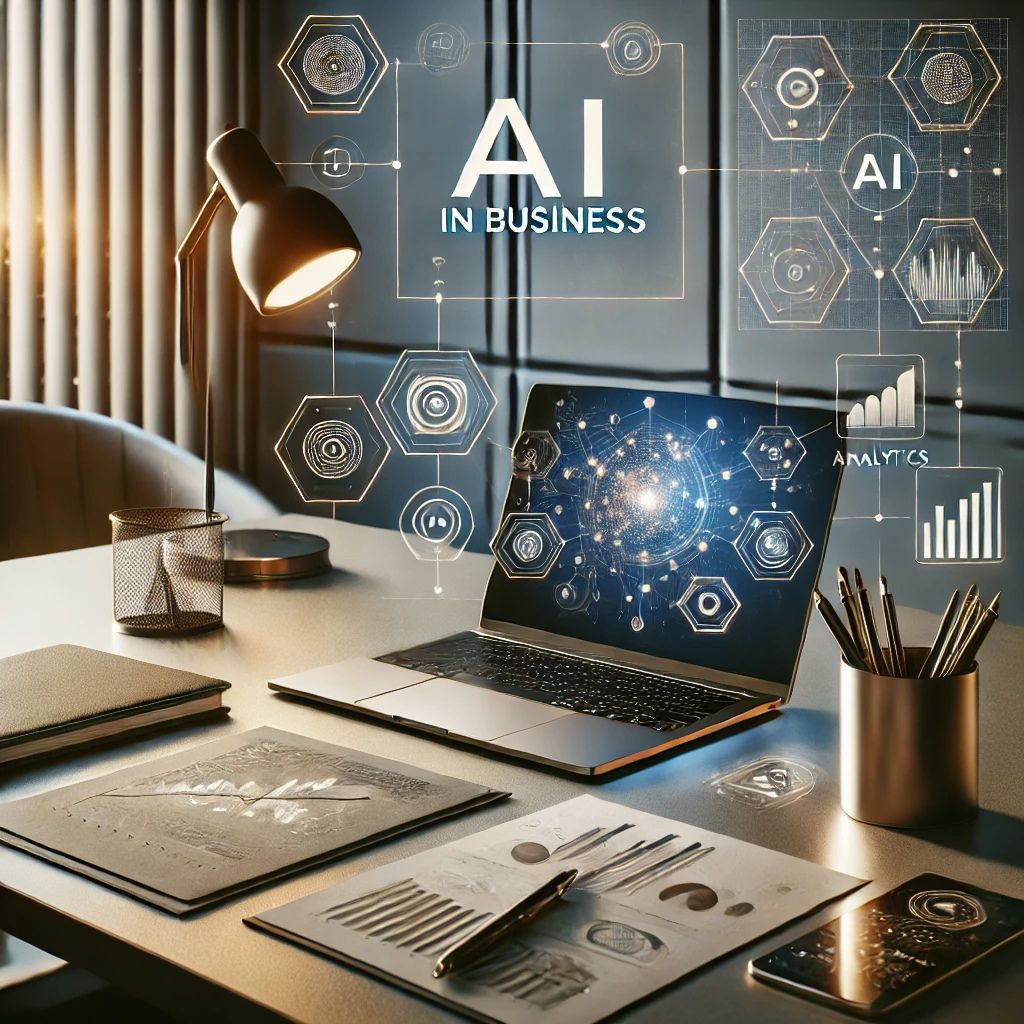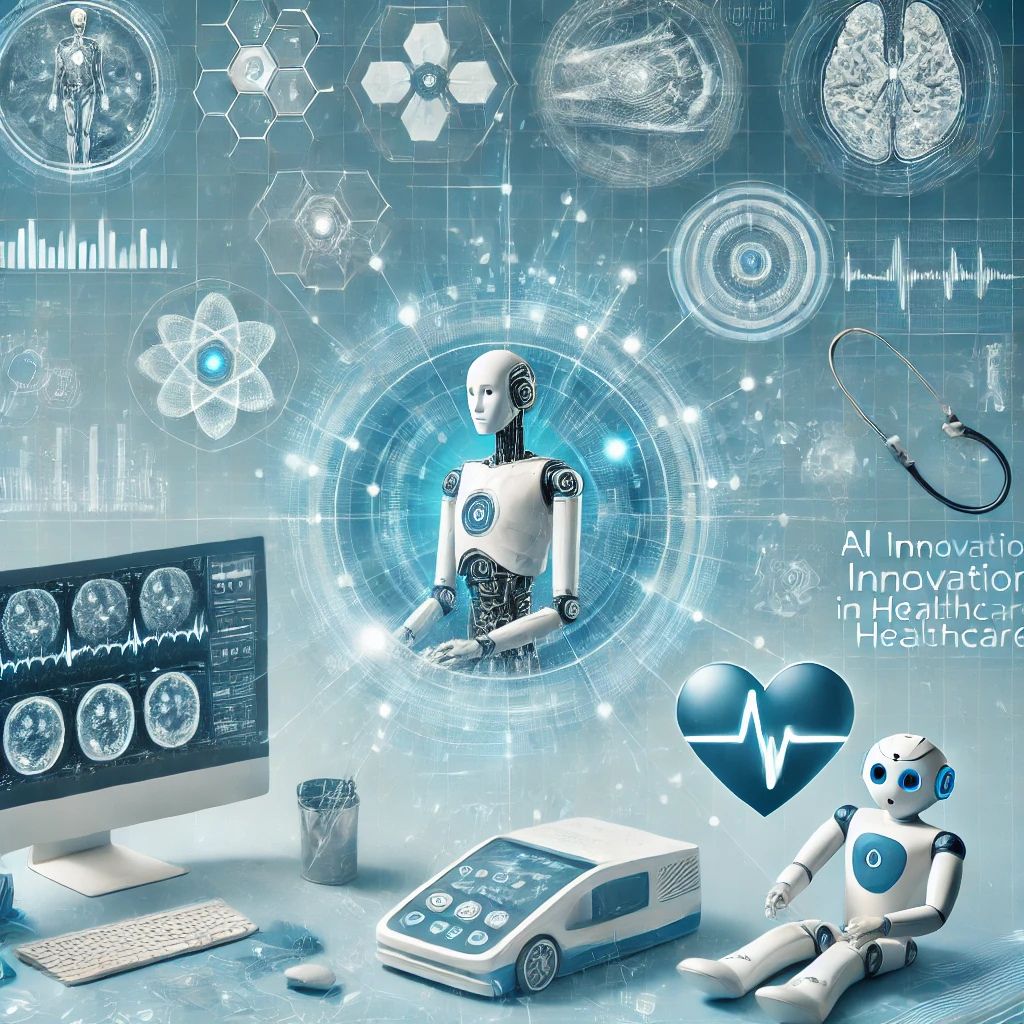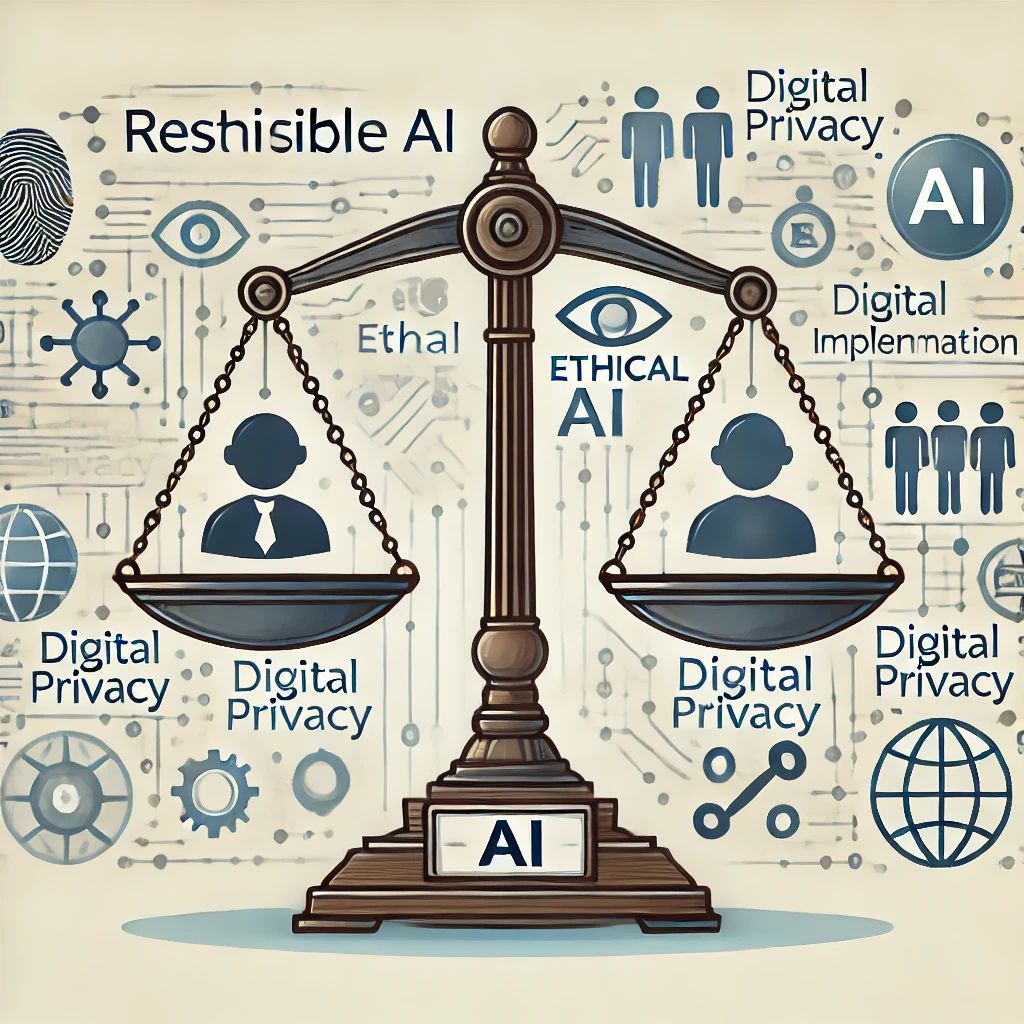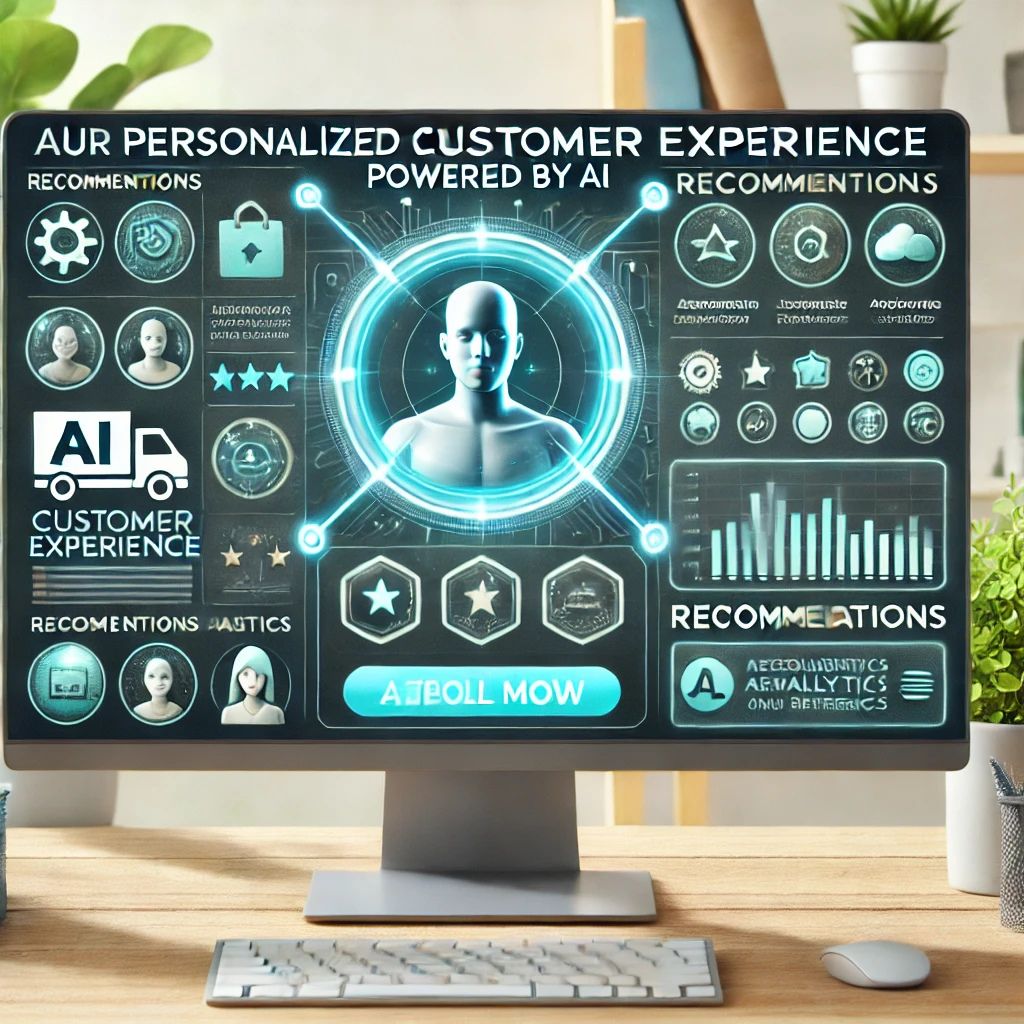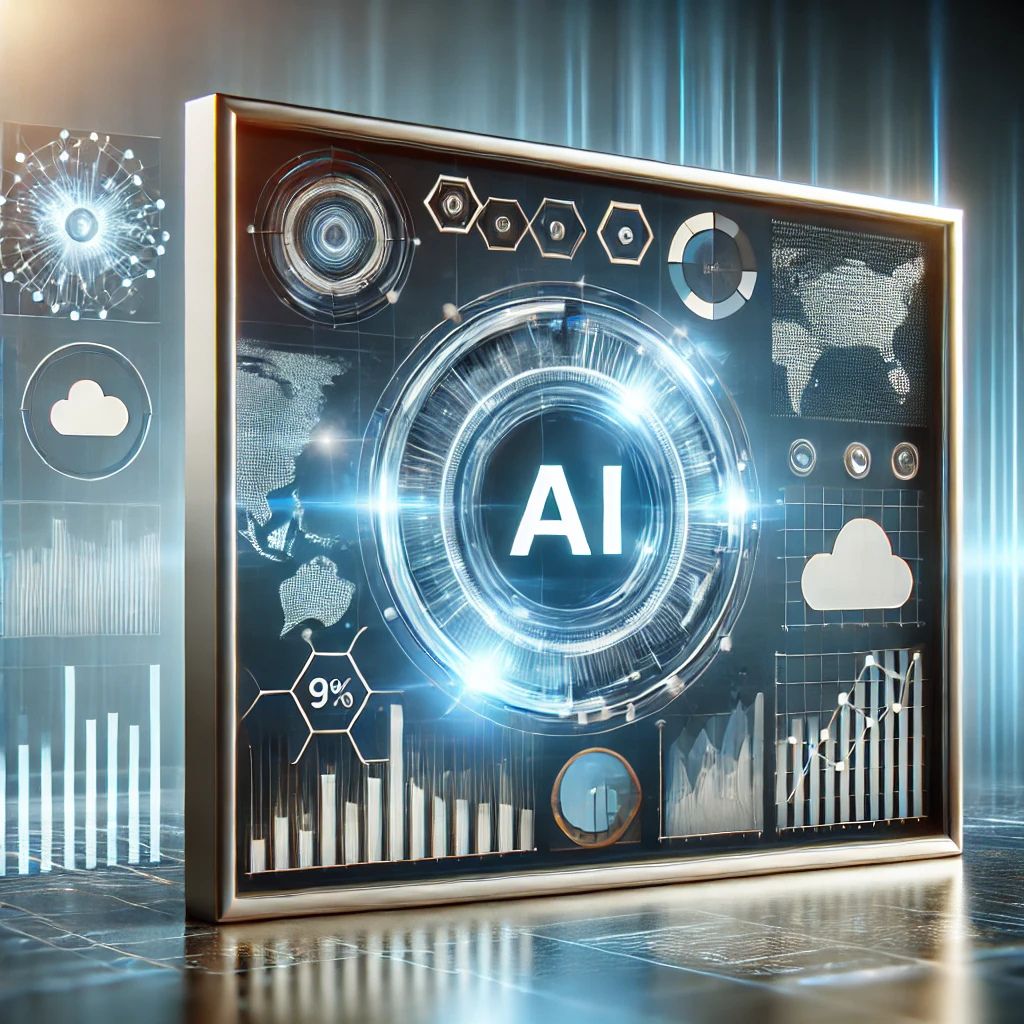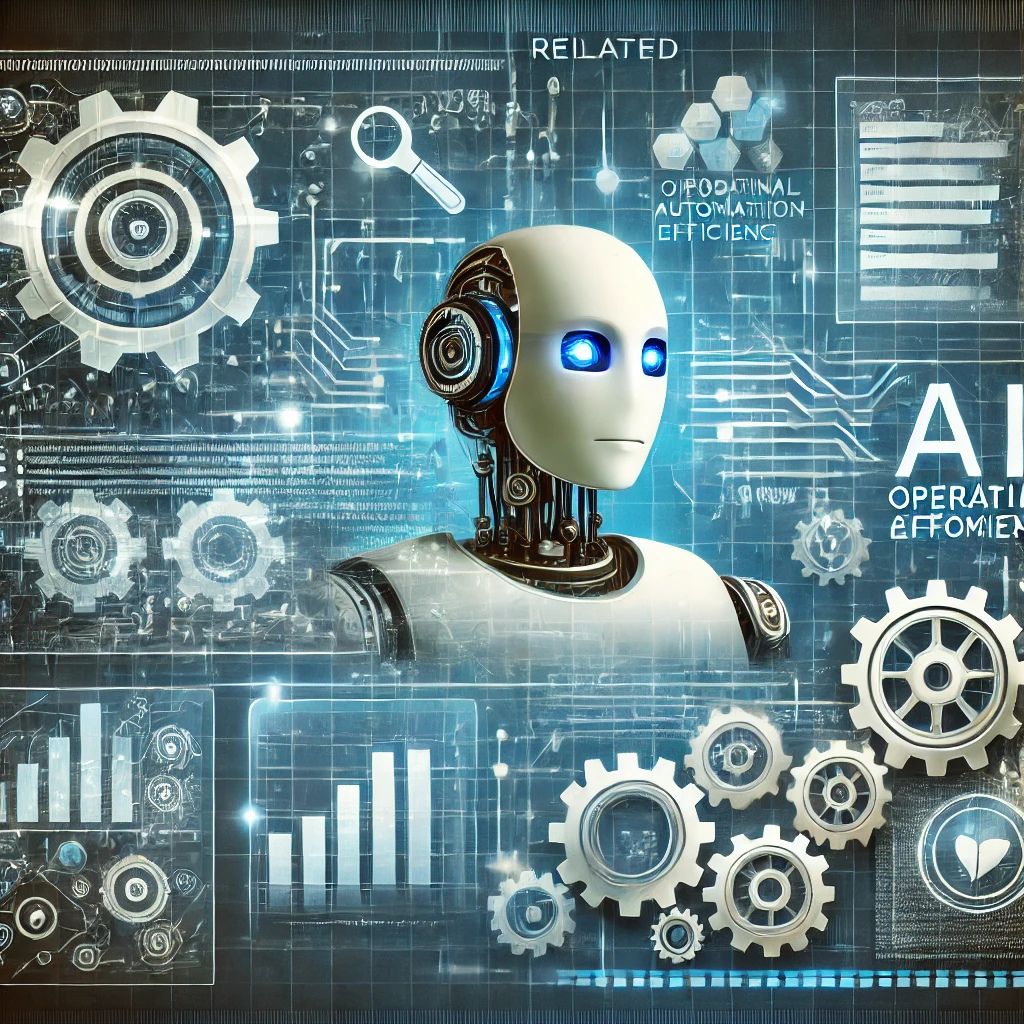The Future of AI in Business
Artificial Intelligence (AI) has rapidly evolved from a futuristic concept to a pivotal component of modern business strategy. As industries across the globe integrate AI technologies, the landscape of business operations, customer engagement, and decision-making is undergoing a profound transformation. For further insights, explore Harvard Business Review's AI in Business section.
1. Enhanced Decision-Making
AI-powered analytics tools are enabling businesses to make more informed and data-driven decisions. By processing vast amounts of data in real-time, AI systems can identify trends, predict outcomes, and provide actionable insights that were previously unattainable. This capability not only improves the accuracy of strategic planning but also allows for more agile responses to market changes. See McKinsey’s work on AI analytics.
2. Personalized Customer Experiences
Personalization is becoming a key differentiator in customer satisfaction and loyalty. AI algorithms analyze customer behavior, preferences, and interactions to deliver tailored experiences. From personalized marketing campaigns to customized product recommendations, businesses can engage customers in more meaningful ways, fostering stronger relationships and increasing retention rates. For more, visit Salesforce AI.
3. Operational Efficiency
Automation of routine tasks through AI is significantly boosting operational efficiency. By handling repetitive and time-consuming processes, AI allows human employees to focus on more strategic and creative endeavors. This not only enhances productivity but also reduces the likelihood of errors, leading to higher quality outputs. Learn more at IBM’s automation resources.
4. Innovation and New Business Models
AI is driving innovation by enabling the development of new products and services that were previously unimaginable. For instance, in the healthcare industry, AI is facilitating advancements in diagnostic tools and personalized medicine. In finance, AI is revolutionizing risk assessment and fraud detection mechanisms. These innovations open up new avenues for revenue generation and competitive advantage. Visit PwC's AI innovation hub.
5. Challenges and Ethical Considerations
While the benefits of AI are substantial, businesses must also navigate the challenges and ethical considerations associated with its implementation. Issues such as data privacy, algorithmic bias, and the displacement of jobs require careful consideration and proactive management. Establishing robust ethical frameworks and investing in continuous learning and adaptation are essential to harness the full potential of AI responsibly. For best practices, see Forbes on ethical AI.
Conclusion
The future of AI in business is both promising and complex. As AI technologies continue to advance, their integration into business operations will become increasingly sophisticated and widespread. Companies that strategically leverage AI to enhance decision-making, personalize customer experiences, and drive innovation will be well-positioned to thrive in the competitive global market. However, balancing technological advancements with ethical considerations will be crucial to ensuring sustainable and responsible growth. Discover more at Deloitte’s AI in business insights.


